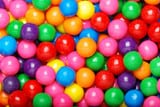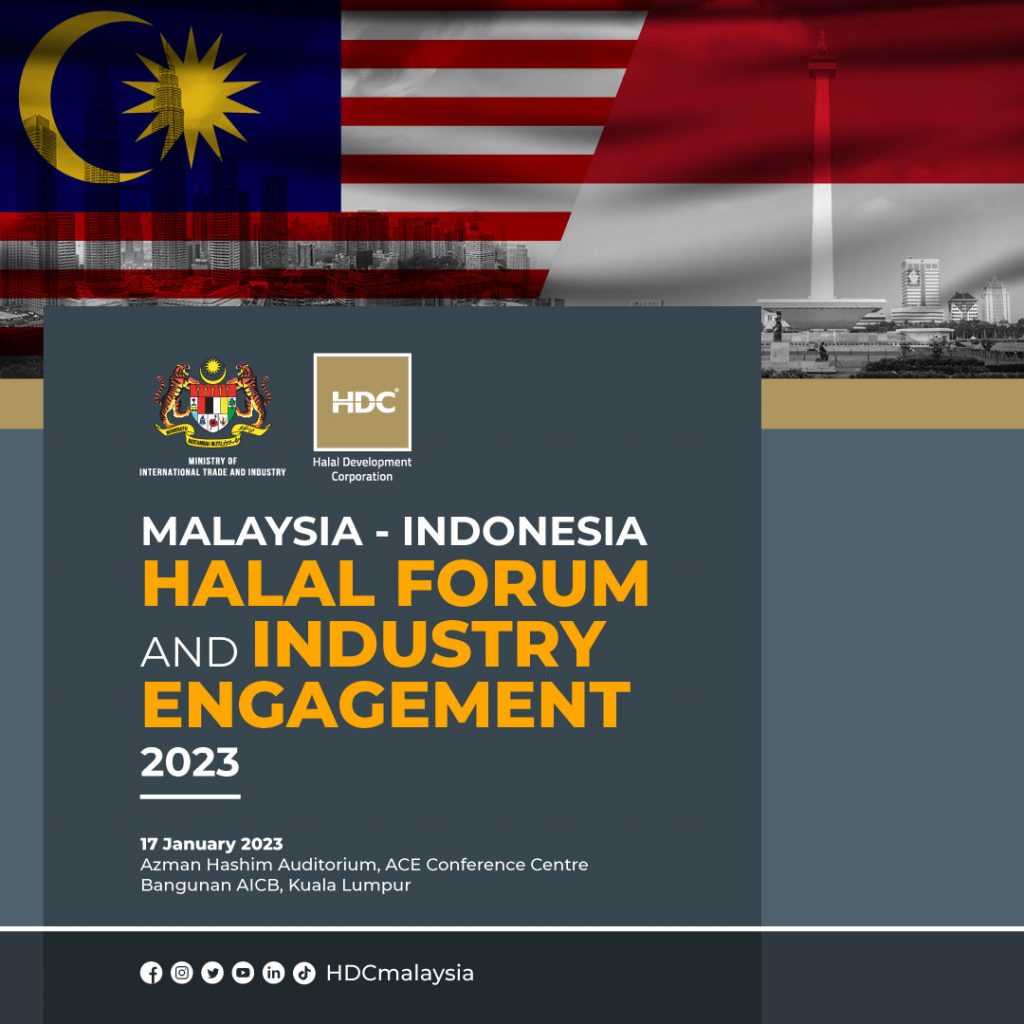By Kazi Mahmood, The Malaysian Reserve
 Halal industry experts believe the use of alcohol derivatives and other additives in food and beverages has resulted in “grey areas” as they are not predetermined by the Shariah, urging industry players to seek credible alternatives.
Halal industry experts believe the use of alcohol derivatives and other additives in food and beverages has resulted in “grey areas” as they are not predetermined by the Shariah, urging industry players to seek credible alternatives.
With the new issues surfacing in the halal industry, which was estimated to be worth RM6.3 trillion globally in 2012, the industry is entering new phases, the founding chairman and CEO, International Institute of Advanced Islamic Studies (IAIS), professor Mohammad Hashim Kamali said.
“We are entering new phases in the industry. There are new issues that keep arising in the industry that require research since these are not pre-determined in Shariah,” Prof Kamali said during the Halal Industry from a Global Perspective: Malaysia and Australia in Kuala Lumpur recently.
Kamali said the halal industry is witnessing major changes beneficial to the consumers in general, but there is at times some confusion regarding the arrival of additives, colouring and the acceptance of the use of alcohol derivatives in food and beverages.
“The new developments in the halal industry, with additives, colouring among others, has influenced the decision making process in the indust ry,” said Prof Kamali during a presentation of the new trends in the halal industry at the Halal Forum of the IAIS recently.
Prof Kamali said the fact that alcohol, often used as preservative in certain products, is accepted as permissible in low dosage but only if it loses its intoxicating effects during processing.
According to standard setting bodies, the use of alcohol has been established in two levels for the control of alcohol in food (less than 0.1%) and ingredients (less than 0.5%). The hurdles faced by the industry are also tackled by practising lawyer and expert in Islamic f inance, Fakihah Azhari.
“A controversial issue on grey areas of halal is the presence of alcohol in food and beverage. In the US for example, the Islamic standardisation is that alcohol averaging 0.1% to 0.3% is acceptable in food and beverages,” said Fakihah.
In order to understand the role of alcohol derivatives in the halal industry, Fakihah explained that various global Shariah standards setting bodies concurred that it is currently impossible to eliminate the low dose alcohol derivative used as preservative in food and beverages.
“Alcohol is not the subject matter here, it is the degree of intoxication of alcohol that is haram in Islam,” Fakihah said during an interview with The Malaysian Reserve. Fakihah said processes that remove the taste, smell and sight of alcohol means the derivatives can be used for halal products.
The process for the elimination of the taste, the smell and the colouring of alcohol and any other intoxicants are among the guidelines for the food industry to make halal certified products.
Fakihah also said that alcohol is also produced by the human body and it is present in our system, but the level is too small to cause intoxication.
“While non-toxic alcohol is currently used in food and beverages, it is time for the industry to move on from such additives,” Fakihah said.
As of June 2013, Malaysia exported RM15.7 billion worth of halal products. According to Malaysian officials, based on export statistics, Malaysia is the biggest halal product exporter among the countries in the Organi sat ion of Islamic Cooperation.
The main destinations for Malaysia’s halal production for export are China, Singapore, the US, Indonesia, the Netherlands and Japan



